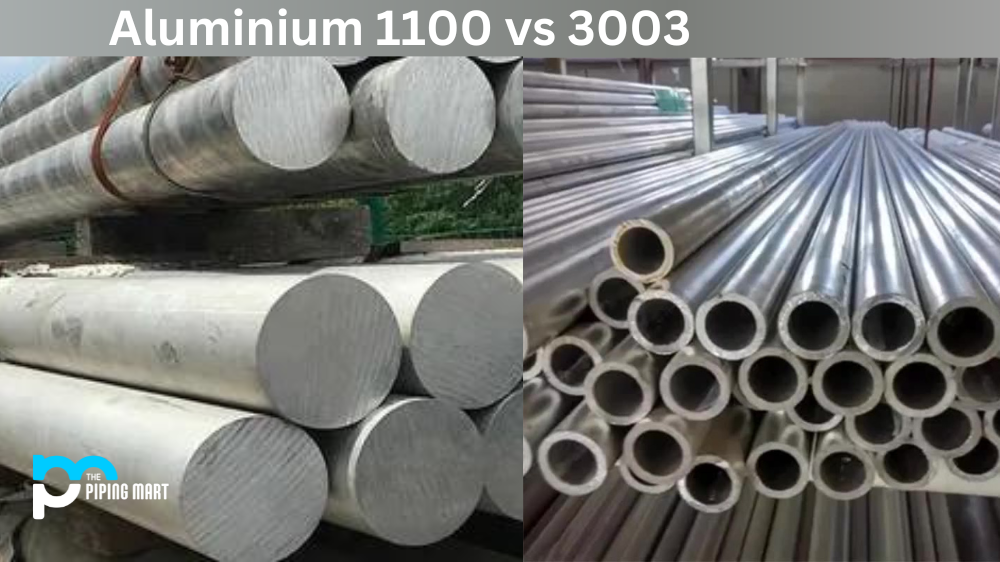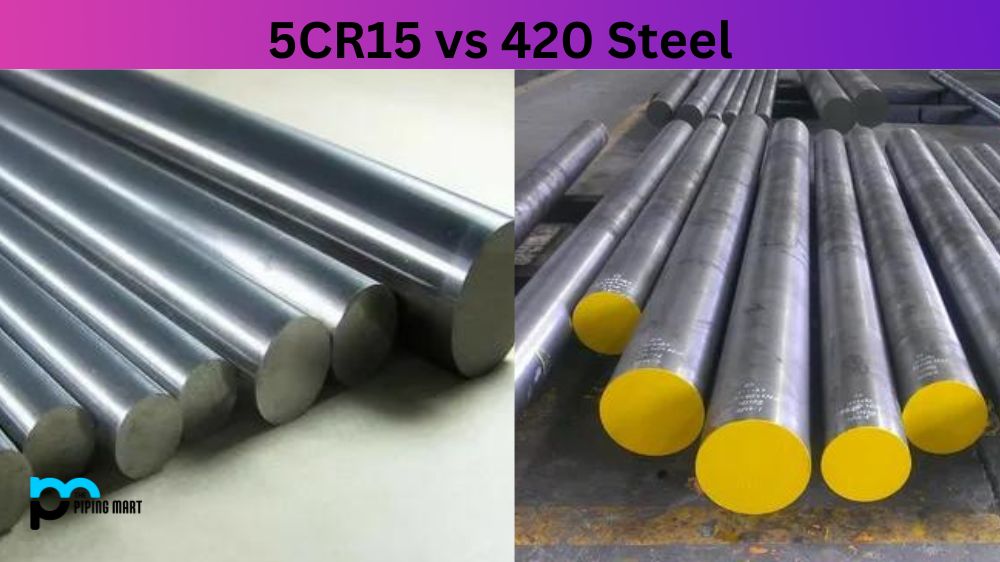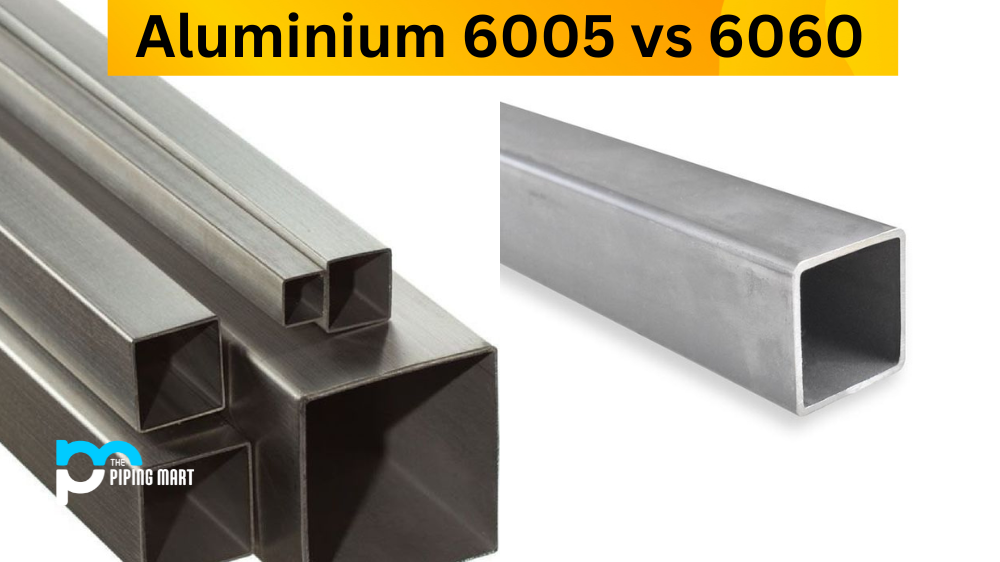Aluminum is a metal that is widely used for its lightweight, strength, and malleability in different industries such as construction, transportation, and packaging. However, choosing the right type of aluminium alloy for your project can be daunting, with many options. This article will compare two popular aluminium alloys: Aluminium 1100 and Aluminum 3003. We will explore their similarities, differences, properties, and applications to help you make an informed decision.
Differences Between Aluminium 1100 and 3003
The significant difference between Aluminum 1100 and 3003 is their strength and hardness. Aluminium 3003 has higher mechanical properties than Aluminum 1100, making it a better choice for applications that require more structural strength. Aluminium 3003 is more resistant to damage from impact and scratches thanks to its higher power.
However, Aluminum 1100 is less expensive than Aluminium 3003 due to its lower alloying content, making it ideal for applications that require excellent corrosion resistance and formability but not high mechanical strength. Aluminum 1100 is also more weldable and has better cold formability than Aluminium 3003.
Aluminium 1100 and 3003 Properties
Aluminum 1100 is a pure aluminium alloy with a minimum aluminium content of 99%. It is soft, ductile, and has excellent corrosion resistance, making it ideal for applications that require forming welding, and brazing. Aluminium 1100 is often used in kitchen utensils, heat exchangers, and chemical processing equipment.
On the other hand, Aluminum 3003 is an alloy that contains manganese as the primary alloying element. It has a slightly higher strength than the Aluminium 1100 and is less prone to cracking, making it ideal for more power and durability applications. Aluminum 3003 is commonly used in roofing, siding, sheet metal work, and general fabrication.
Similarities Between Aluminium 1100 and 3003
Aluminium 1100 and 3003 have high resistance to corrosion in various environments and excellent thermal conductivity. They are also highly workable and easily formed, welded, and machined. Additionally, both alloys have good electrical conductivity and can be anodized to improve their appearance and surface hardness.
Applications of Aluminum 1100 and 3003
Aluminium 1100 and 3003 are widely used in different industries due to their unique properties. Aluminum 1100 is commonly used in food and chemical processing equipment, heat exchangers, and kitchen utensils. Aluminium 3003, on the other hand, is used in roofing, siding, gutters, and general sheet metal work.
Conclusion
In conclusion, choosing the suitable aluminium alloy for your project depends on factors such as strength, hardness, corrosion resistance, and cost. Aluminium 1100 and 3003 are excellent alloys with unique properties that can be used in different applications. Aluminum 1100 is ideal for applications that require superior corrosion resistance, formability, and weldability but have low mechanical strength. Aluminium 3003 is a perfect choice for applications that require higher strength, durability, and resistance to impact and scratching. When selecting an aluminium alloy, consult a specialist to understand what will work best for your project.

A passionate metal industry expert and blogger. With over 5 years of experience in the field, Palak brings a wealth of knowledge and insight to her writing. Whether discussing the latest trends in the metal industry or sharing tips, she is dedicated to helping others succeed in the metal industry.




